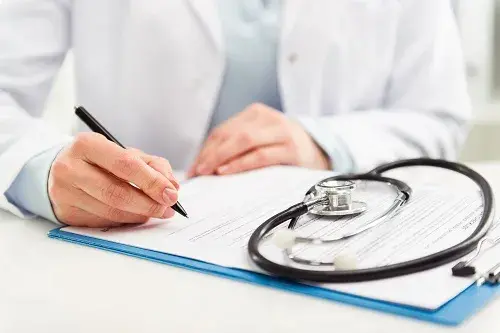ArdorComm News Network
December 9, 2022
The government announced on Friday that it has taken strong action against medical colleges that do not have proper faculty and that similar delinquent institutions will face similar action. Union Health Minister Mansukh Mandaviya also told the Lok Sabha that in the case of government-run medical institutions, state governments are responsible for retaining faculty members, however in the case of private medical colleges, the obligation lies with the respective administration.
Mandaviya stated that the central government continues to send inspection teams to medical colleges in addition to seeking commitments and affidavits from medical colleges in order to maintain proper faculty. “We have to give quality education to students, we have to produce good doctors. We have taken strong action against those institutions which were not maintaining proper faculty and some more action will be taken against some other institutions,” he said.
The minister stated that the government would not hesitate to take harsh measures against medical colleges found to be involved in irregularities. In response to a question about the progress of the AIIMS Madurai, he stated that classes for students have already begun, and that work on the permanent building will begin soon after a delay due to changes in the proposed structure, resulting in a budget increase from Rs 1200 crore to Rs 1900 crore.
“The government of India is committed to serve the people of Tamil Nadu through AIIMS Madurai. No need to worry, we will complete the project. We will build a good AIIMS (in Madurai),” he stated.
Mandaviya noted that in order to increase the availability of qualified human resources in health and to reduce disparities in the country’s existing geographical distribution of medical colleges, the Ministry of Health and Family Welfare administers a Centrally Sponsored Scheme (CSS) for the establishment of new medical colleges attached to existing district or referral hospitals, with preference given to underserved areas and aspirational districts where no existing government or private medical college exists.
According to him, 157 medical institutions have been sanctioned under the programme in three phases, with funds shared between the Centre and State Governments in the ratio of 90:10 for Northeastern and Special Category States and 60:40 for others.
According to the scheme guidelines, the state government is the implementing agency, and the state government is responsible for project development, implementation, and commissioning. The scheme’s funds are released based on the rate of expenditure, the release of the appropriate state share, and the receipt of utilisation certificates, as well as demand from the state and UT governments, he explained.
Source: PTI


